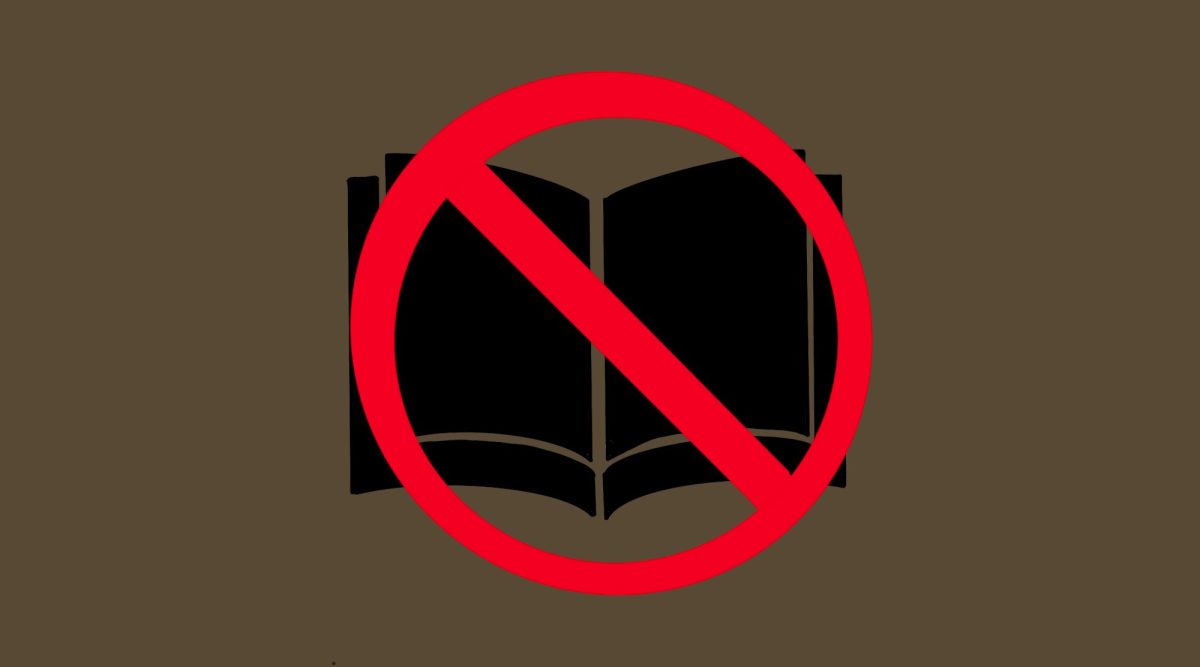Set against the backdrop of a quaint French community reeling from the ruins imposed by the onset of 1949 Nazi Germany, “The Nightingale” examines themes of femininity, desperation, honor and betrayal. Through her tale, Kristin Hannah sheds light on an ideal scarcely represented in literature — the profundity of women’s role in World War II.
The forefront of this novel is centered around its two main characters, sisters Vianne and Isabelle. Separated by age, experience and circumstance, the book illustrates the various paths taken during the war and the inevitability of their untimely convergence. As a mother of three, Vianne is initially presented as a character who intends to nestle into the background of the war effort. This hope is devastated by the German expropriation of France. However, it is not simply the invasion of France that lays waste to Vianne’s plan but also the occupation of her home by a brute, barbaric Nazi. To protect her family and the place she holds dear, Hannah illustrates how quickly one can compromise one’s conceptions of morality and justice. This shift, perhaps unsurprising, is a harrowing portrayal of the dire desperation that rose alongside the Nazi party. However, with her husband on the front lines, it also exemplified the necessity of female defiance and rebellion throughout the war.
This notion coincides with the frequently observed question: How far will you go to do what you know is right? For some, like Vianne, the answer may be driven by a maternal duty or an undying loyalty to one’s children and family. To others, such as Isabelle, the answer lies in an innate sense of civic responsibility.
Perhaps less common, more admirable and undoubtedly immature, Isabelle’s defiance comes from her youth and unfettered love for French liberty. Lacking a concrete sense of purpose, Isabelle finds her calling through the war resistance, joining a ragtag group of individuals whom she should not trust but does so nonetheless. Isabelle is a particularly fascinating character, as she floats through much of the novel with a feigned conception of love and honor. Betrayed time and time again, Isabelle is often forced to redefine her understanding of trust and treason. However, by the novel’s end, Isabelle’s growth becomes an homage to hope and resilience — a clear representation of the loss and love she was forced to endure.
Hannah begins the novel with the assertion that “in love, we find out who we want to be; in war, we find out who we are.” This line follows the characters through the remainder of the novel, embedded in each romantic relationship and entwined in the rationale behind the tortured and tormented acts the sisters are forced to assume. In love, the sisters remained their disparate individuals — mirror images of the people they hoped to be and the ideals they sought to represent. In war, this mirror shatters, reflecting a fractured duo forced to undertake just about anything to uphold their definitions of justice and the livelihood of their loved ones. It is through war, not love, that Isabelle and Vianne come to understand the enduring power of their indomitable spirits, emerging through the cataclysmic events they were repeatedly forced to endure.
When initially setting out to write a book review, “The Nightingale” was a fairly obvious choice for me. Since reading it when I was in eighth grade, it has been one of the only constants in my life, remaining atop my rankings of best books I’ve ever read. I find this novel peculiarly captivating due to its unusual familiarity and, simultaneously, astounding distance from my life. Hannah incorporates romantic themes that highlight the harrowing distress of naive love and betrayal, building relationships that feel profoundly intimate and recognizable to me as a reader. And yet, Hannah centers the novel in a time far removed from where we currently live — one that we can only reflect and repent on through history books and films. In doing so, she builds a fascinating bridge between now and then, establishing the transcendental nature of love and heartache.
Further, her novel reflects on the passage of time and the fleeting nature of humanity. The desolation and desperation that these characters endure are a product of their time, and for most individuals, these sentiments stay frozen there. More often than not, individuals who fought for justice — who loved and lost for liberty — become transient aspects of a history that comes and goes. And, while we learn about the broad strokes of these events, it is those who laid out their lives for the cause that often become ephemeral figures in the background of our teachings.
Rating: 5/5














